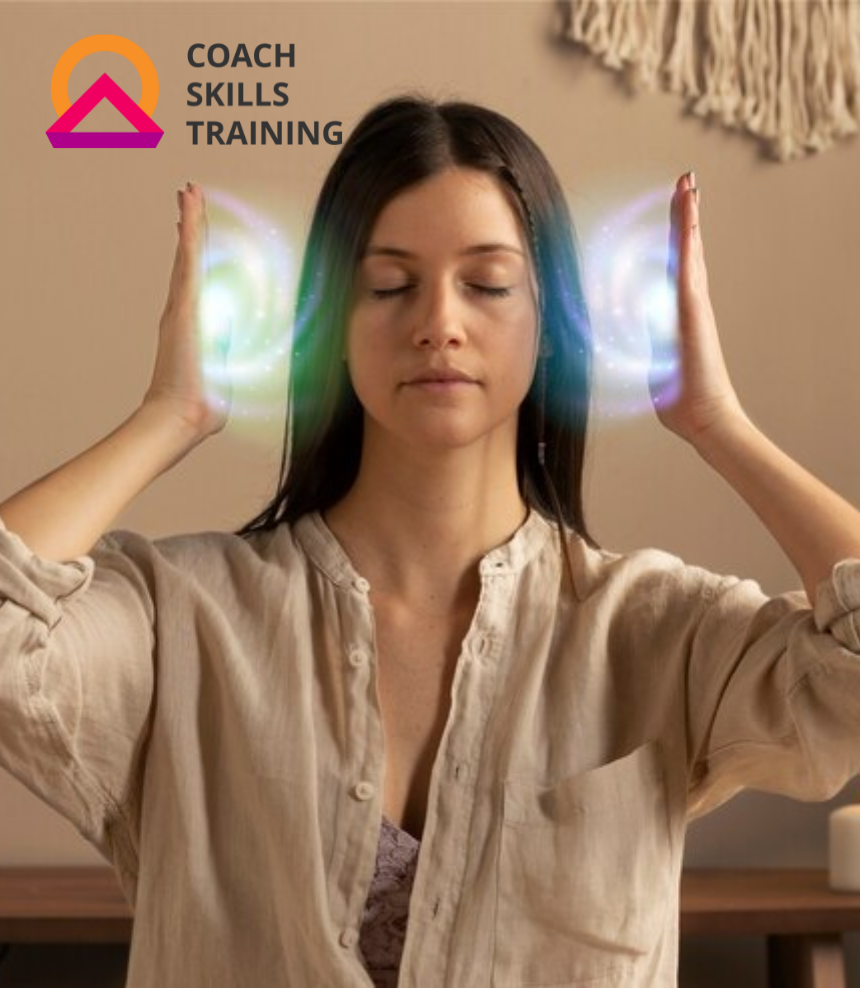

“Be where you are; otherwise, you will miss your life.” – Jack Kornfield, author of Buddha’s Little Instruction Book.
Nowadays, when our lives are a blur of work, family, societal commitments, and a multitude of other things, we often find ourselves preoccupied with past worries or worrying about the uncertainties that the future holds. This mental, almost tug-of-war-like game pulls us away from living our present lives to the fullest. The practice of mindfulness offers a refreshing antidote in such situations. By focusing on the present, we can attune ourselves to inner peace, improve mental clarity, and even gain a deeper appreciation for the simple things we often miss.
What is Mindfulness?
In its simplest sense, mindfulness is the ability to be fully present and aware of what’s happening right now without any sort of judgment or distraction. Although its roots lie in ancient practices, mindfulness has recently gained mainstream popularity due to its scientifically proven mental and physical benefits.
While on the surface level, it seems simple enough to practice mindfulness, it’s not as easy as it sounds. Our minds tend to wander a lot and for those new to this practice, staying completely and truly engaged in the present can feel nearly impossible. When first starting to practice mindfulness, most people can only focus for minutes – or even seconds – at a time. However, the practice is not something foreign or unattainable – it is innately present in us. With consistent practice and persistence, anyone can awaken their potential and tap into the power of living mindfully.
For many, and most popularly, the most effective and easiest way to practice mindfulness is through meditation, which creates a safe space to explore one’s thoughts, feelings and emotions with curiosity and acceptance. The practice of mindfulness allows us to approach life with intentionality and gratitude, instead of just passing days.
Benefits of Mindfulness
The benefits of mindfulness go beyond just stress relief, it impacts every aspect of our physical and mental well-being. Here are some of its most profound benefits backed by research:
1 . Boosts Happiness
By simply focusing on the present, we will naturally be able to savour life’s smallest pleasures. Studies show that people who practice mindfulness experience lower stress levels, better emotional management, and increased gratitude.
Practicing mindfulness helps you focus more on the beauty of everyday moments be it, a sunny day, a heartfelt conversation or the taste of your favourite meal. These small experiences, that we often overlook, can all collectively lead to a happier and more fulfilled life.
2. Improves Heart Health
Did you know that cardiovascular diseases are one of the leading causes of death worldwide? Research conducted by the American Heart Association shows that even five minutes of daily mindfulness can significantly lower the risk of heart attack and strokes.
Mindful meditation can improve one’s Heart Rate Variability (HRV), an indicator of heart health, and also supports better blood circulation and respiratory health. It can also help reduce blood pressure, another major contributor to heart-related disease.
3. Strengthens the Immune System
Taking into consideration the current global health crises, a strong immune system is now more important than ever before. Studies show that mindfulness practices can improve the activity of T-cells in our blood, which play a crucial role in fighting infections and diseases.
Mindfulness-based stress Reduction (MBSR) programs’ participants have shown faster wound healing and lower levels of inflammatory markers like C-reactive proteins. Mindfulness promotes better overall health by reducing stress hormones and boosting immune responses.
4. Better Memory and Cognitive Health
Mindfulness has been linked to better memory retention and cognitive function. Research shows that mindfulness practitioners often have a larger hippocampus which is the part of the brain responsible for memory and spatial navigation.
This can also help protect against neurodegenerative disorders like Alzheimer’s and dementia. By improving mental agility, mindfulness keeps the mind sharp and focused, even as we age.
5 . Emotional regulation
Mindfulness helps create emotional resilience by teaching us to observe and manage our emotions without getting overwhelmed by them. This is an extremely important and helpful technique for maintaining healthy relationships and achieving personal growth.
Good emotional regulation skills not only improve interpersonal communication but also reduce impulsive reactions, and long-term stress and can transform your emotions into constructive forces without letting them hinder your well-being.
4-step process to get started on your mindfulness journey
Starting your mindfulness practice is fairly simple but like any long-lasting habit, it requires patience and consistency. Just like you don’t expect to build muscle strength from a single gym session, you cannot expect to see immediate results from a single mindfulness practice session. To help you get started, here are 4 easy steps:
1 . Create a distraction-free space
Find a quiet space where you won’t be disturbed for the duration of your mindfulness practice. This can be anywhere – a cozy corner in your house, a peaceful spot in a park, or even the break room in your office.
2 . Focus on your breath
Your breath is considered to be a natural anchor for mindfulness, so start by concentrating on its rhythm – the inhalations and exhalations. It is natural to notice your mind wander – just gently guide your attention back to your breath without any sort of judgment.
3 . Accept the “imperfections”
You may notice undesirable thoughts or emotions come to the surface while practicing mindfulness. Instead of trying to suppress them, acknowledge their presence and their existence and let them gently pass, as you return your attention to the natural flow of your breath.
4 . Start small
Don’t directly jump into the 30-minute mindful sessions! It is more effective and achievable to start with short 5 or 10-minute sessions and gradually increase the duration as you get more comfortable with the practice.
Finding Balance through the Power of the Present
As Vietnamese Buddhist monk Thich Nhat Hanh beautifully said, “Mindfulness helps you go home to the present. And every time you go there and recognize a condition of happiness that you have, happiness comes.”
By integrating mindfulness into your daily life, you can experience greater happiness, improved health, and a better connection to yourself and the wonderful world around you. Take your first step to a more mindful life and start on a journey toward a more fulfilling and balanced life.









